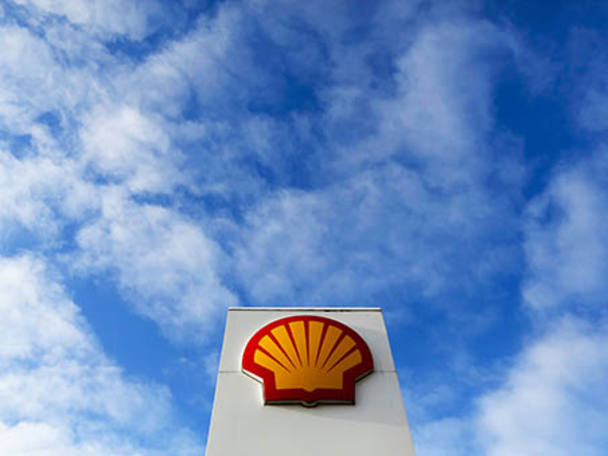Contrasting Q4 updates from BG Group (BG.) and its prospective suitor Royal Dutch Shell (RDSB) seem to reinforce the strategic rationale for the proposed merger a week ahead of the definitive shareholder vote. The Anglo-Dutch supermajor revealed that current cost of supply earnings - the standard industry metric - are expected to be in the range of $10.4bn-$10.7bn, implying a worst-case scenario fall of 54 per cent on the 2014 year-end. On the financial front, BG Group didn't fare any better. Including a post-tax disposal gain of $600m, BG expects to report full-year earnings of at least $2.3bn - well down on the previous year, but in line with guidance.
However, the group's operational performance wouldn't have gone unnoticed in the Shell board room. For years, it seemed BG could do no wrong on the execution front, but a series of events, many of which were beyond its control, culminated in a declaration of force majeure on its Egyptian assets at the beginning of 2014. Continued political instability in Egypt meant that Cairo was unable to honour agreements covering BG's share of gas from fields. At the time, Egypt accounted for 18 per cent of BG's total production, so the consequent strain on cash flows, through the build-up in receivables, made the group vulnerable to an approach from bigger industry rivals.
Fast forward to the end of 2015, and BG Group's year-on-year production is up by 16 per cent, as output grows from its giant Curtis Queensland LNG project in Australia, and its sixth floating production, storage and offloading (FPSO) vessel in Brazil's Santos Basin is now up and running - and 10 more vessels remain on track. The rapid expansion of BG Group's production capacity supports our view that the primary strategic aim of the merger was to place Shell at "the apex of the global market for liquefied natural gas (LNG)". The group could be well on its way.










